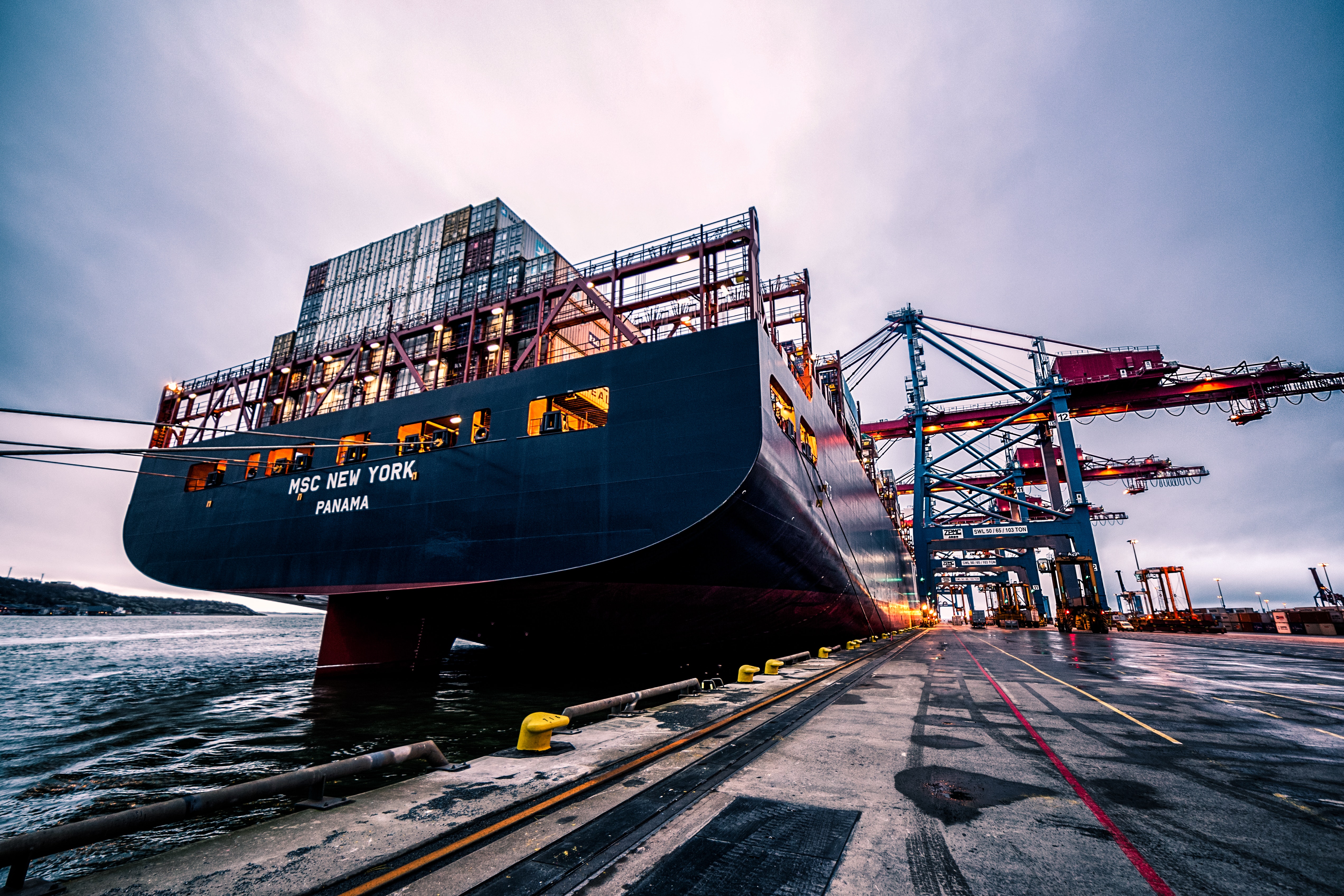Maersk’s 48-Hour Suspension: Potential Chain Reaction in Global Shipping
Amidst rising tensions in the Red Sea, Maersk’s recent announcement of a 48-hour suspension for its vessels passing through the Mandeb Strait has triggered concerns across the global shipping industry. The suspension follows a missile attack on the Maersk container ship ‘MAERSK HANGZHOU’ by Houthi rebels in Yemen, escalating the situation in the region.
The U.S. Navy and an onboard security team successfully repelled Houthi rebel vessels attempting to forcibly board the ship, underscoring the severity of the incidents. Given Maersk’s status as a global shipping giant, the decision to suspend operations has widespread implications.
The duration of Maersk’s suspension raises questions about potential chain reactions within the industry. If Maersk extends the suspension beyond 48 hours, other companies may follow suit, impacting the flow of goods globally.
These events mark a significant escalation of tension in the Red Sea region, amplifying the spillover effects from the ongoing Middle East crisis. Large cargo ships, rerouting away from the Suez Canal in response to the Houthi attacks, are choosing to circumnavigate the southern tip of Africa. These ships handle approximately 12% of global cargo transportation, creating a ripple effect throughout the global supply chain.
Analysts predict a surge in global freight rates in 2024, with shipping costs from Asia to Mediterranean ports already doubling. As the shipping industry grapples with pandemic challenges and global freight costs skyrocket, the risks associated with Red Sea shipping are intensifying.
Post time: Jan-03-2024

